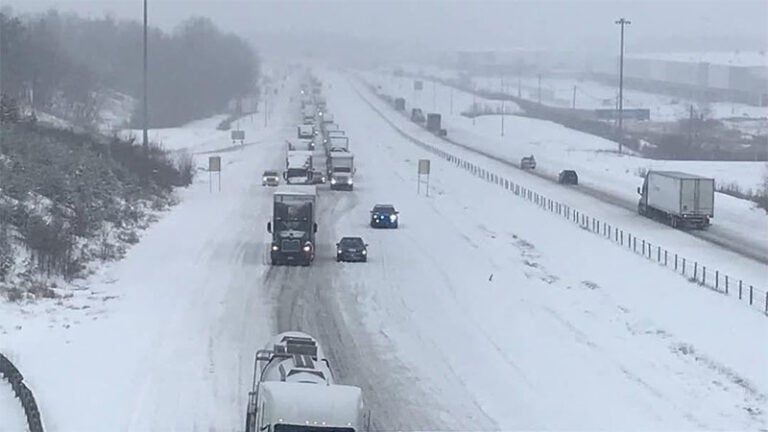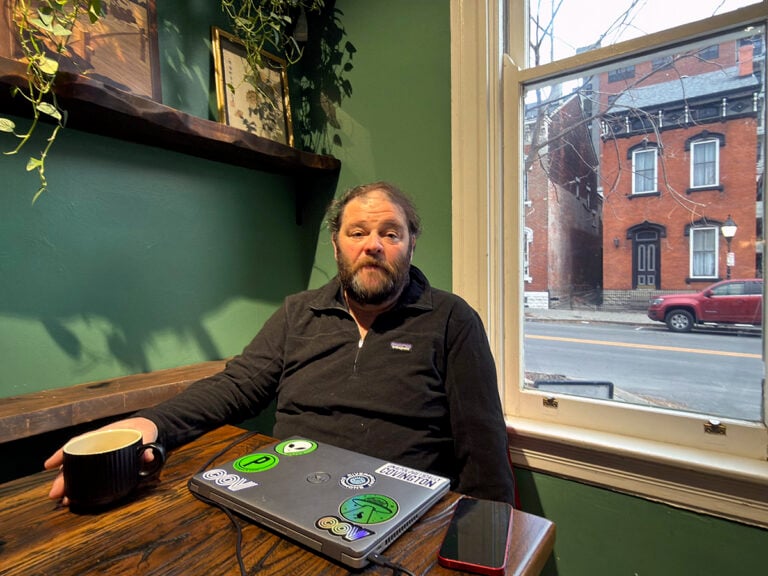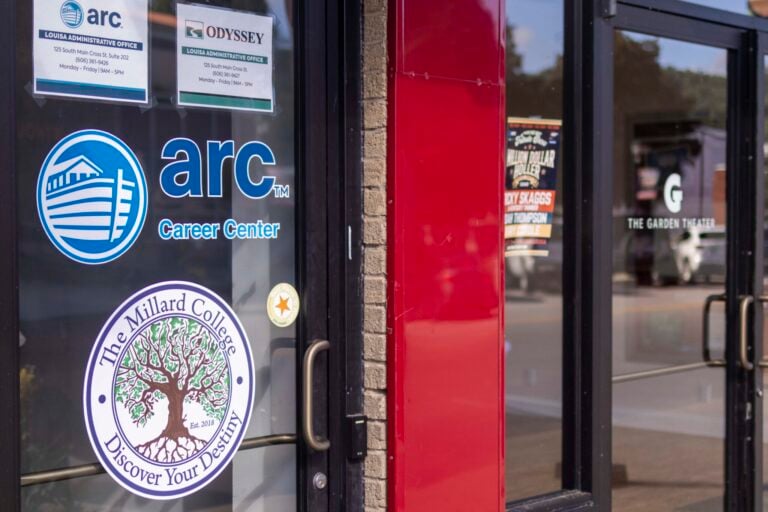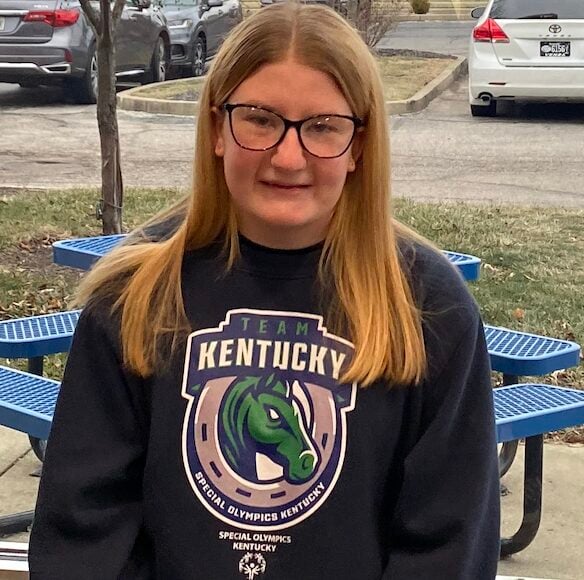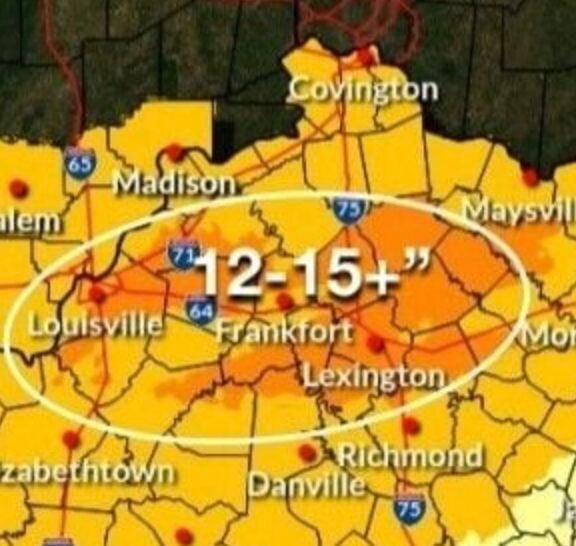By Tom Latek
Kentucky Today
The General Assembly’s Interim Joint Committee on Tourism, Small Business and Information Technology heard testimony last week about the critical role prescribed fires play in reducing wildfire risk, supporting rural economies and sustaining Kentucky’s iconic industries.
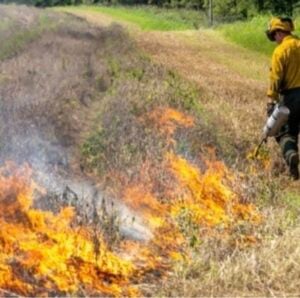
Experts from the Kentucky Division of Forestry and the Department of Fish and Wildlife Resources presented the Kentucky Prescribed Burn Process and discussed how intentional, controlled burns help manage forest health, reduce invasive species and safeguard natural resources across the state.
“Kentucky’s forests are not just a part of our landscape, they’re a major driver of our economy, our tourism and our cultural identity,” said Rep. Kim King, R-Harrodsburg, chair of the Committee. “Committee members were highly engaged in the discussion and eager to learn more about how prescribed fire can benefit our ecosystems, protect communities and create new opportunities for landowners and small businesses. This is smart, science-backed policy that can make a lasting positive impact across Kentucky.”
The Kentucky Prescribed Fire Council ensures that burns are carried out safely and effectively across private and public lands. Strategic prescribed fire efforts can significantly reduce this damage by eliminating hazardous fuel buildup, reducing the threat of catastrophic wildfires and promoting the regrowth of beneficial species like white oak.
Commissioner Rich Storm of the Kentucky Department of Fish and Wildlife Resources highlighted the importance of maximizing safe prescribed fire use to support wildlife management and habitat restoration, “When I became commissioner, I tasked my staff, simply, let’s burn as much as we possibly can where we have permission and let’s create that ideal habitat so that we can achieve our mission.”
Forestry officials explained that prescribed fire protects valuable forested areas by reducing ground fuels without harming mature trees. Lawmakers discussed insurance and liability concerns, learning that certified burn bosses carry insurance and that proposed legal revisions could ease contractor participation. Members were interested in training requirements, and officials described Kentucky’s rigorous certification programs, such as the 160-hour Burn Boss course.
Legislators also asked how rural landowners can get involved, with presenters highlighting outreach efforts like “Learn and Burn” workshops to promote safe and effective use of prescribed fire.
In closing, committee members said they recognized the potential to reduce wildfire risk, improve habitat and safeguard Kentucky’s natural and economic resources; and expressed support for continued collaboration, education and legislative action to expand the safe use of prescribed fire across Kentucky.







